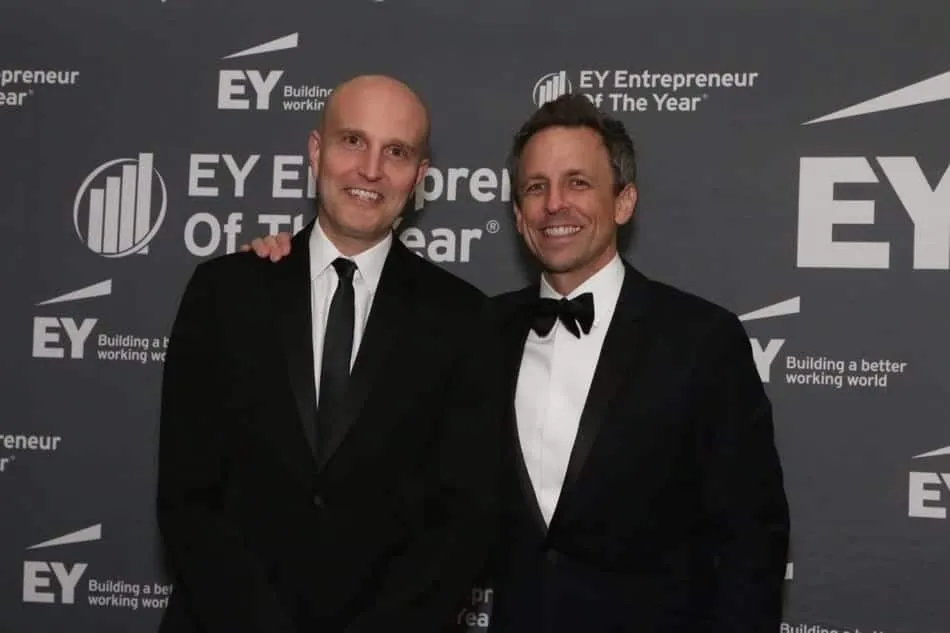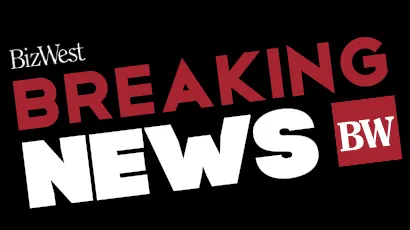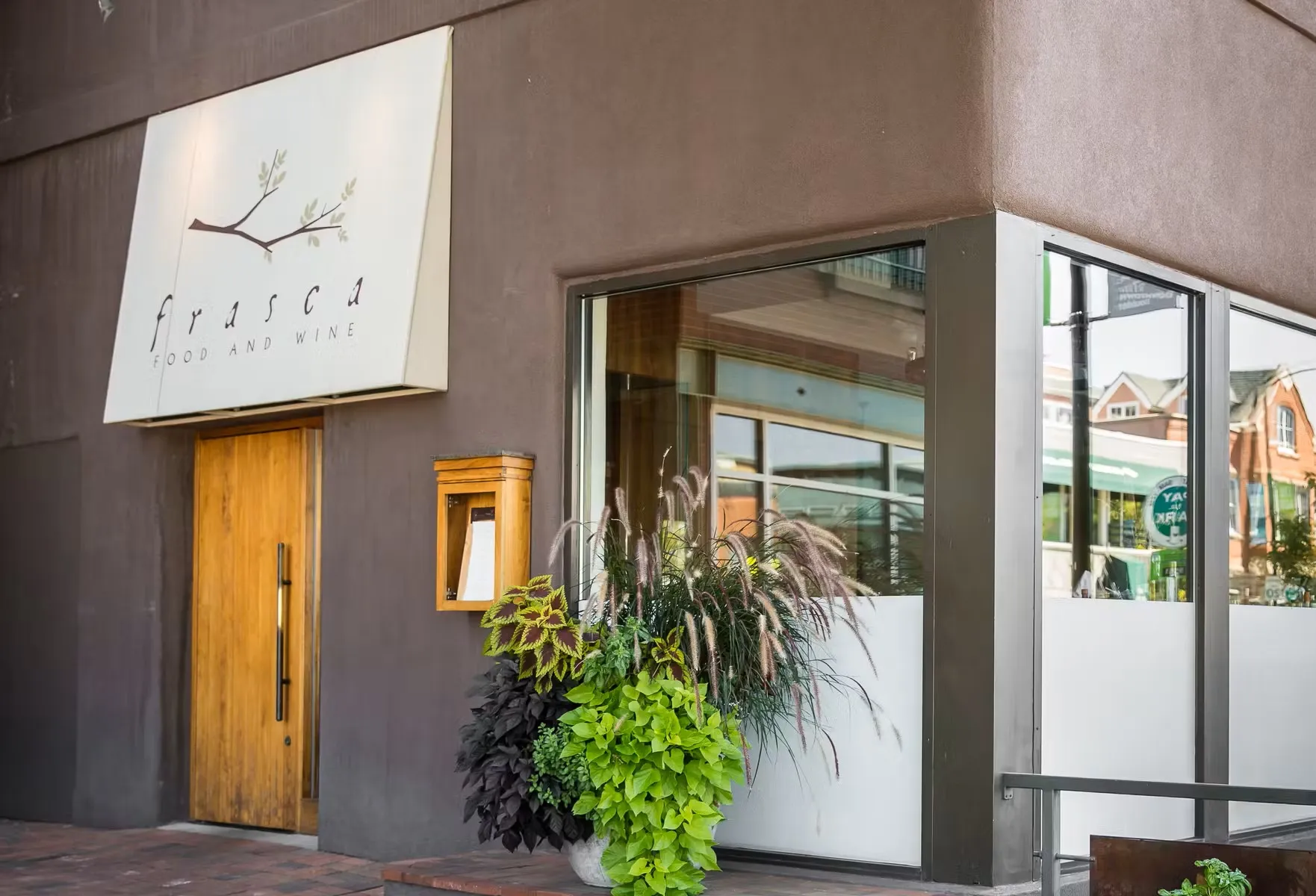PopSockets CEO’s answer to hard times: GET A GRIP

BOULDER — David Barnett remembers seeing a recent cartoon that purported to list “reasons why your company became a model business.” The choices were:
A. Long-term planning.
B. The CEO.
C. The pandemic.
All three reasons have provided a boost to PopSockets, the plucky Boulder-based company that cut its chops by making grips that attach to the back of cellphones and other mobile devices — and then making them fun. But Barnett’s unquenchable spirit and drive — and his knack for overcoming adversity — has fueled it all.
Barnett was a philosophy professor at the University of Colorado Boulder in 2010 when he gave birth…
THIS ARTICLE IS FOR SUBSCRIBERS ONLY
Continue reading for less than $3 per week!
Get a month of award-winning local business news, trends and insights
Access award-winning content today!





